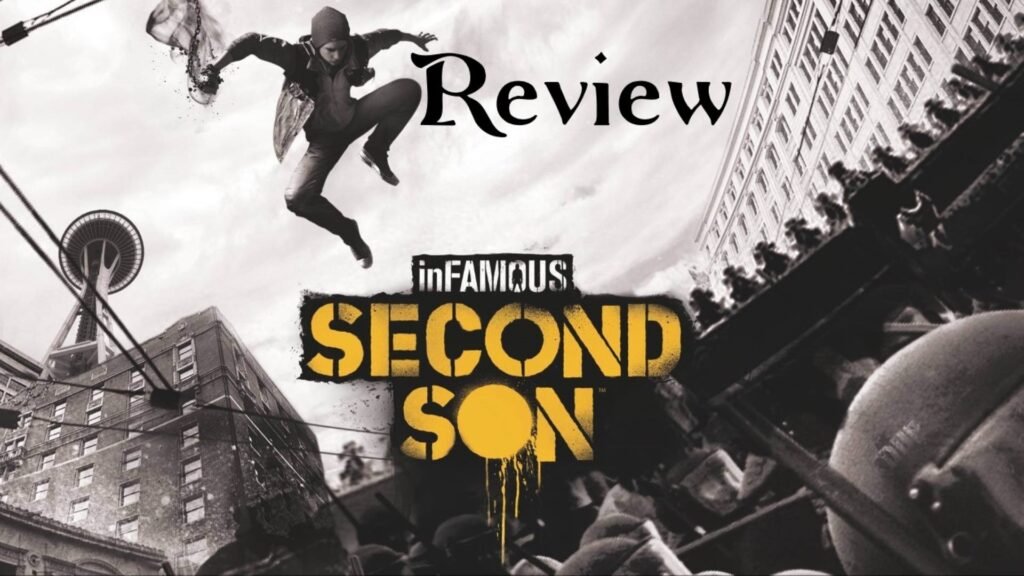
Infamous: Second Son represents a significant departure from the comic book roots of its predecessors. While it’s undeniably an open-world superhero action game—and an excellent one at that—it also embraces a weightier, more realistic tone that surprised me as an Infamous fan, but ultimately pays off. The game delivers impressive storytelling and gameplay, even if it doesn’t offer new solutions to the long-standing issues of balancing good and evil choices with meaningful consequences.
From the outset, Second Son‘s stunning lighting captivated me. The open-world representation of Seattle is beautifully and diversely realized, especially when I was unleashing chaos all around me. Serene streets transformed into fiery disaster zones with glee, and both the before and after were visually striking. The PlayStation 4’s power is evident in every puddle reflection and swirling smoke effect, with only rare stutters occurring during the most intense moments. High production values often mask weak characters, but Second Son excels here, too.
Troy Baker’s portrayal of Delson, our new conduit, is both believable and engaging—whether he’s being a snarky, reckless jerk or a well-meaning idealist. While he’s not universally likable, his interactions with his conservative, law-abiding brother create compelling familial banter. Add in the cold and determined villain, Brooke Augustine, and you have a conflict that culminates in an emotionally charged climax.
Unfortunately, Second Son tends to sideline intriguing characters, introducing them only to quickly dismiss them without making a lasting impact. This results in an overall story that feels disappointingly brief and straightforward. However, Delson’s four distinct power sets transform every D.U.P. checkpoint into an opportunity to showcase my abilities. From the explosive destruction of Smoke to the swift precision of Neon, each set is powerful enough to support an entire game, and strategically switching between them in battle feels exhilarating.
The branching skill tree offers more choices than previous Infamous games, requiring you to allocate upgrade points across multiple paths. With a bit of exploration, you’ll usually gather enough resources to unlock something new and exciting. The different powers that unlock based on whether you play as good or evil Delson provide a strong incentive for replay. For instance, an evil Neon user can create devastating chain reactions, while a benevolent Neon user can slow time to carefully incapacitate foes.
Delson’s almost limitless mobility adds to the fun. He can scale skyscrapers and soar through the Seattle skyline, but you’ll rely on more traditional parkour mechanics until you unlock the right power-ups. Unfortunately, the morality system is a letdown. The red vs. blue decision-making feels overly simplistic and disconnected from Delson’s character motivations. It’s hard to believe he’d ever want to harm innocent civilians, nor that his police officer brother would accept such actions.
While it’s great to have two paths to choose from, it would have been nice if the evil route made more sense within the story’s context. Open-world superhero games are about freedom and empowerment, and in these aspects, Second Son truly shines. Seattle serves as a vast, beautiful playground, and the gameplay is both enjoyable and visually stunning. However, its advancements also raise expectations, and the overall story and morality system struggle to meet them.